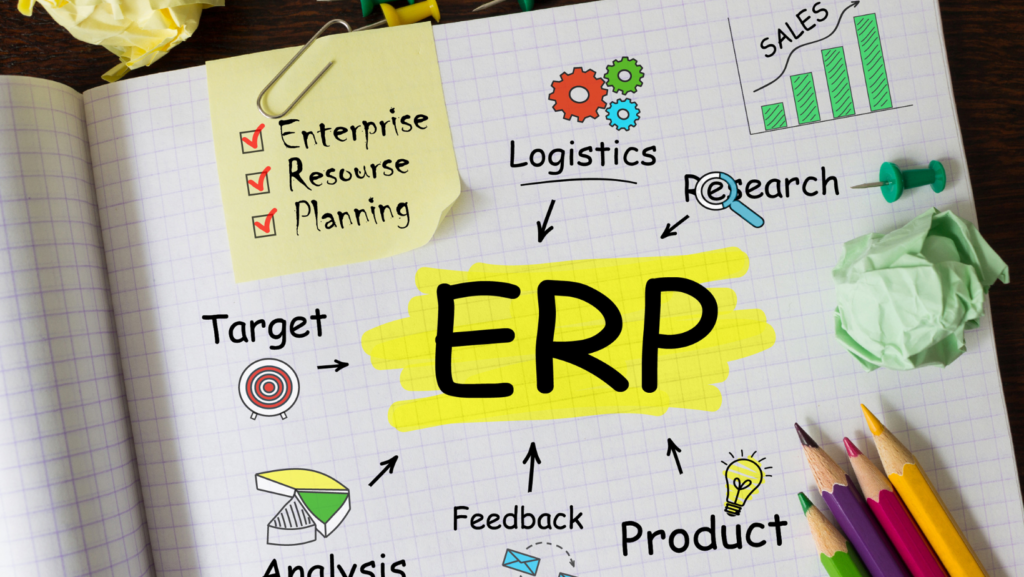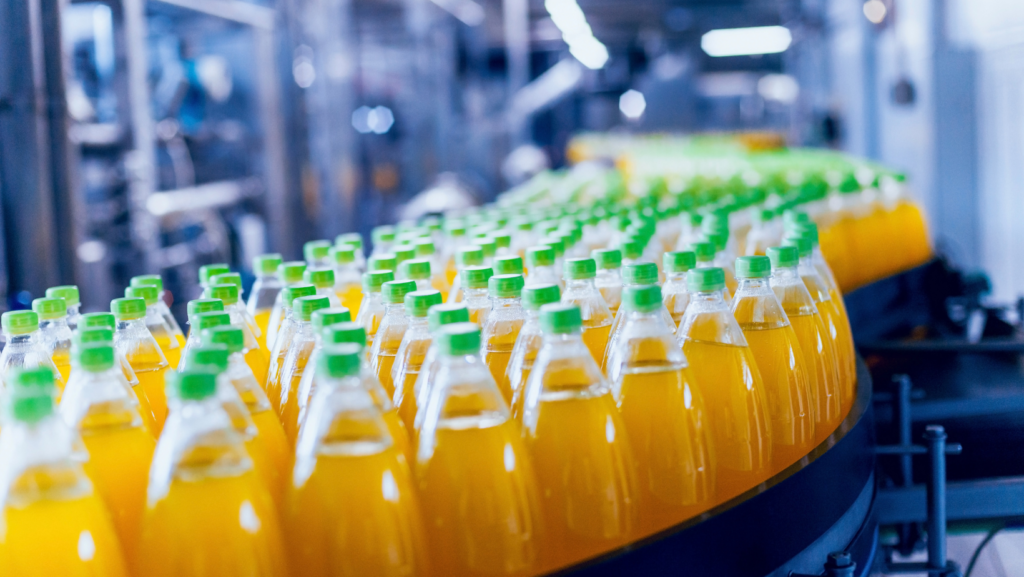In the bustling world of food and beverage, efficiency is king. From managing supply chains to tracking inventory, the industry’s complex operations demand a robust solution. Enter Food and Beverage ERP—a game-changer that’s revolutionizing how businesses operate.
Stay tuned as we unravel the power of Food and Beverage ERP, a tool that’s not just about streamlining operations—it’s about giving businesses the edge they need to thrive in a competitive market.
Food and Beverage ERP

Food and Beverage ERP represents a specific sector within Enterprise Resource Planning (ERP) solutions, designed to address the unique requirements and challenges of the food and beverage industry. Such ERP solutions optimize and integrate all areas of a food business, from procurement and production to distribution and customer service, into a unified system.
When discussing ERP systems, it’s essentially a suite of integrated applications – a comprehensive software solution that manages and integrates a company’s financials, supply chain, operations, reporting, manufacturing, and human resource activities. Consider it as the central nervous system of an organization, ensuring smooth flow of information between all business functions and managing connections to outside stakeholders.
Key Benefits of Food and Beverage ERP Software
Increased Efficiency in Operations
Food and Beverage ERP Software brings about increased efficiency in operations. It allows the automation of routine tasks, freeing up personnel to focus on more strategic operations. This leads to reduced overhead and labor costs. The ERP system integrates sales, finance, and operations all into a single, streamlined process. By providing real-time data, such as inventory levels or production statuses, it enables companies to make informed and timely decisions, saving both time and resources.
Improved Compliance and Safety Standards

An essential benefit of Food and Beverage ERP Software is its ability to enhance compliance and safety standards. It helps companies efficiently manage quality control, traceability, and recall management. By tracking and documenting every aspect of the food production life cycle, from raw materials sourcing to final product delivery, it ensures complete visibility and traceability in the supply chain. If a food safety issue arises, the ERP system can quickly trace affected products, thereby significantly reducing risks and safeguarding against costly recalls.
Implementation of Food and Beverage ERP
Implementing a Food and Beverage ERP is a consequential move. It integrates processes, bolsters productivity and enables regulatory compliance. Gaining maximal benefits from the adoption hinges on best practices and swagger in overcoming common challenges.
Best Practices for Implementation
Enlisting best practices during the deployment of a Food and Beverage ERP contributes significantly to a smooth transition. One of these practices includes engaging stakeholders throughout the process. Keeping the management team, staff and other affected members in the loop fosters cooperation and smooths the process.
Moreover, choosing a reliable vendor also plays a pivotal role. A provider with proven industry experience and robust customer support ensures an efficient and effective ERP system.
Additionally, ensuring data accuracy before migration is crucial. Flawed data can escalate problems and hamper the effectiveness of the ERP system. Therefore, it’s critical to cleanse, organize and validate all data before migration.
Common Challenges and Solutions

While implementation isn’t without challenges, familiarizing oneself with potential issues can help devise solutions proactively.
For instance, insufficient user training often results in system underutilization. Businesses can address this by providing comprehensive, thorough training and continuous support to ensure that users are comfortable and skilled in using the system.
Additionally, resistance to change can pose a hurdle. Organizations can overcome this by communicating the benefits of the ERP system effectively, addressing concerns, and involving members throughout the implementation process.
The Power of Food and Beverage ERP
The future’s bright for the food and beverage industry with the advent of specialized ERP systems. They’re not just enhancing operational efficiency but also paving the way for innovative trends like AI integration, IoT utilization, and cloud-based platforms. It’s clear that these technologies are transforming the sector, driving growth, and redefining how businesses operate.
Choosing the right ERP system isn’t a one-size-fits-all approach. It’s about finding a solution that aligns with your specific needs, from recipe management to regulatory compliance. And remember, the vendor’s industry experience, customer service, and system scalability can make all the difference.



